
Visitors check out silk products at the booth of Hotan, a city in the Xinjiang Uygur autonomous region, during the China-Eurasia Expo in Urumqi, Xinjiang, on Monday. (LIU XIN/CHINA NEWS SERVICE)
Experts stress bigger role for the region in strengthening trade, cooperation
With members of the Shanghai Cooperation Organization (SCO) further integrating the Belt and Road Initiative with regional cooperation programs and national development plans, establishing an SCO-themed pilot free trade zone in the Xinjiang Uygur autonomous region will greatly bolster trade activities and expand cooperative areas in Eurasia, experts said on Tuesday.
Amid many countries' moves to ease downward economic pressure, the SCO, supported by its growing number of member states, observer states and dialogue partners, can play a vital role in creating trade corridors and logistical routes to facilitate trade in goods and services, said Fan Gang, vice-president of the Beijing-based China Society of Economic Reform.
The SCO was established in Shanghai in 2001 by China, Kazakhstan, Kyrgyzstan, Russia, Tajikistan and Uzbekistan. The organization expanded in 2017 to include India and Pakistan.
As all member states take economic development and improvement of people's livelihoods as the top priority, building pilot free trade zones in Xinjiang will generate favorable conditions for SCO members to facilitate business cooperation, especially in the areas of "infrastructure development, regional connectivity, cross-border e-commerce and investment activities", Fan said.
Addressing a subforum during the ongoing seventh China-Eurasia Expo in Urumqi, Xinjiang's regional capital, Fan said even though it is not easy to build a free trade zone in a region with such a large population base, distinct differences in economic systems and geopolitical demands, it is tenable to start with a pilot zone in China and certain member countries, judging from the organization's current growth momentum.
At the 22nd meeting of the Council of Heads of State of the SCO held in Samarkand, Uzbekistan last week, leaders of the SCO member states signed a memorandum of obligations on Iran's SCO membership during the meeting.
In addition to launching the procedure for Belarus' accession, and also admitting Bahrain, the Maldives, the United Arab Emirates, Kuwait and Myanmar as new dialogue partners, the meeting adopted the Comprehensive Plan for the Implementation of the SCO Treaty on Long-Term Good-Neighborliness, Friendship and Cooperation for 2023-27.
China established the China-SCO Local Economic and Trade Cooperation Demonstration Area in Qingdao, Shandong province, in 2018. The area allows investing businesses from SCO countries to work together in one specific location and to share technologies, expertise and product types to develop new areas of collaboration and manufacturing processes, a type of SCO incubator.
China's foreign trade with SCO member countries rose 40 percent year-on-year to $343.3 billion in 2021, reaching a record high-28 times higher than that of 2001 when the organization was established, said the Ministry of Commerce.
Erkin Tuniyaz, chairman of the Xinjiang regional government, said the region will continue to strengthen economic and trade exchanges with economies participating in the Belt and Road Initiative.
Xinjiang had established economic and trade relations with 176 countries and regions by the end of August.
The autonomous region's foreign trade value soared 49.6 percent year-on-year to nearly 145.6 billion yuan ($20.77 billion) from January to August, while Alataw Pass and Horgos Port, two of its major rail ports, achieved a record high in handling 8,701 China-Europe freight train journeys, up 6.5 percent on a yearly basis, Customs said.
Li Daokui, a professor and director of Tsinghua University's academic center for Chinese economic practice and thinking, said Xinjiang should develop into a trade center of the Silk Road Economic Belt in the years ahead. The region should not only be positioned as a transit point for goods transported from China's eastern provinces to Central Asian countries.
The development of industries must keep up in Xinjiang, Li said, adding the region's fast-growing wind power and photovoltaic product manufacturing sector can also help Central Asian countries ensure sufficient power supplies in the coming years.








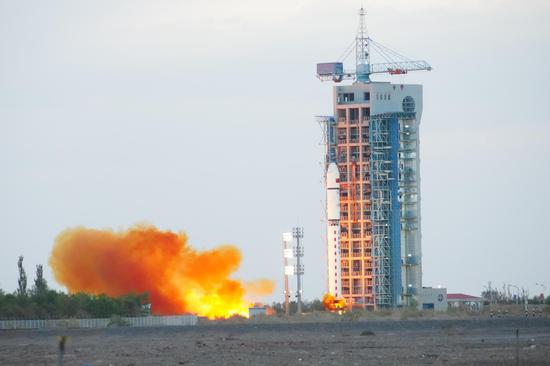
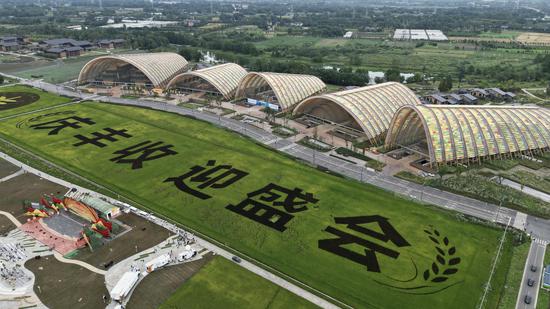



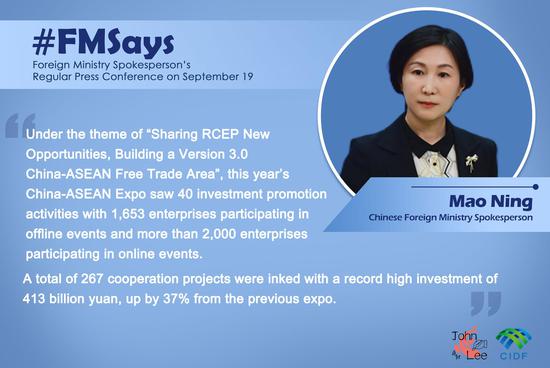
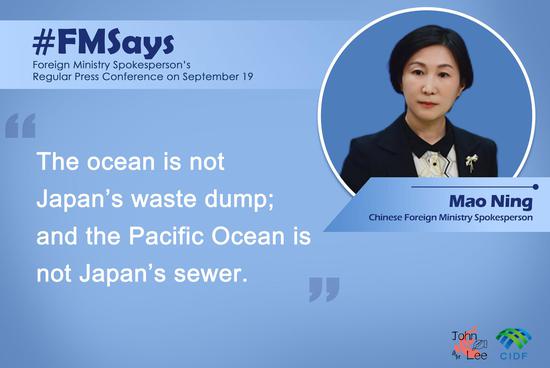





















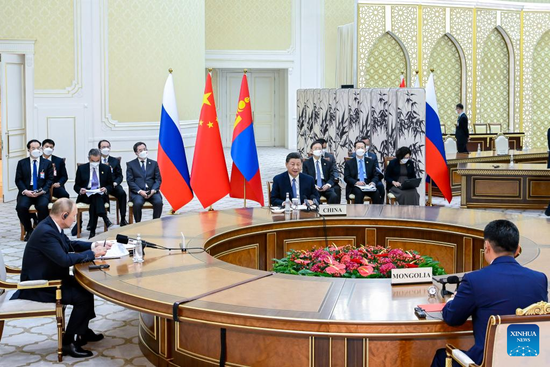





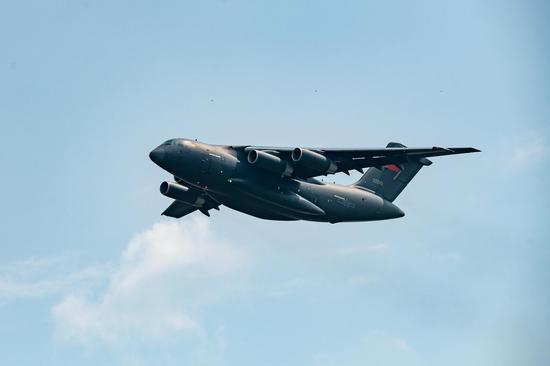
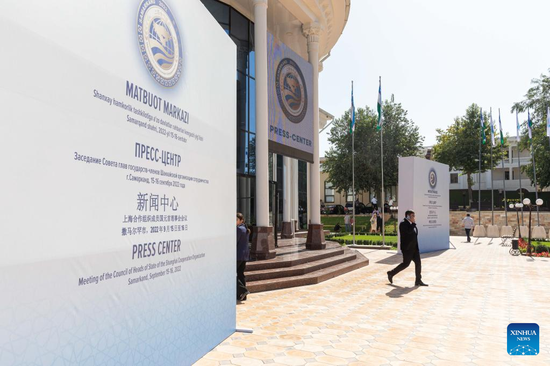
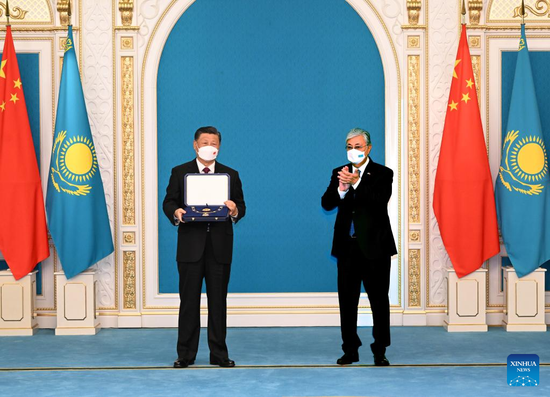





 京公网安备 11010202009201号
京公网安备 11010202009201号